Mr. Le Van Chia in Tra On district in Vinh Long dedicated his family's 1.8 hectare garden to thousands of birds, storks, and herons, built fences, and patrolled to protect them.
At noon in late August, it was drizzling but the garden of Mr. Chia, 77 years old, in Tan My commune, Tra On district, was still bustling with flocks of birds gathering, roosting in the treetops, and foraging in the ditches.
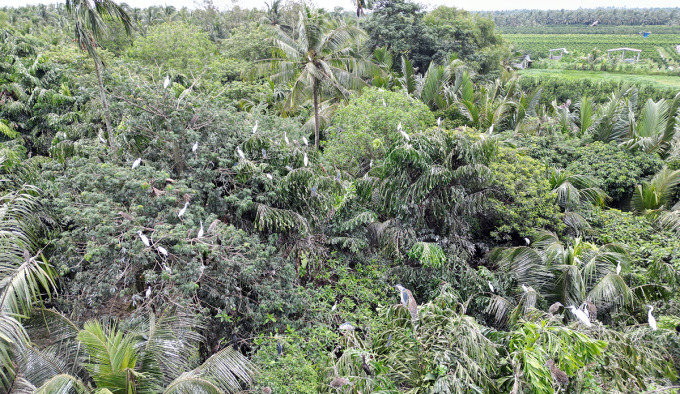
Mr. Le Van Chia's garden has been home to birds for nearly 20 years. Photo: An Binh
Wearing a conical hat and holding a wooden stick, the sturdy old farmer quietly "patrolls" around his bird garden. "In this weather, poachers might think I'm taking a nap and sneak into the garden to shoot birds to sell or eat," Mr. Chia said.
The garden is protected by two layers of iron mesh fence, 2-6 m apart. The inner layer of fence is stronger and safer, fixed to stone pillars and large trees in the garden. The old farmer meticulously checks and reinforces the joints of the iron mesh of the fences, where poachers often sneak in and harm the birds in the garden.
About 25 years ago, the garden was 1.8 hectares wide, surrounded by coconut trees planted by Mr. Chia, inside were longan, mangosteen and strawberry trees. Up to now, many longan and mangosteen trees are as big as an adult's trunk, with a canopy of tens of square meters, and the coconut trees are about 20 meters high.
The garden is cultivated in an environmentally friendly way, taking advantage of the tides, attracting beneficial natural enemies, minimizing the spraying of pesticides and chemical fertilizers, not using machinery to dig or pump water on a large scale, and limiting the entry of strangers. Therefore, the harvested fruit is very delicious with a natural flavor and is always bought at a high price by traders.
"The monthly income from the garden is enough to cover the living expenses of his family, including his wife and three sons, and has a little extra to save," the old farmer said, adding that around 2005, while tending to the garden, he and his wife discovered dozens of storks coming to find food and shelter.
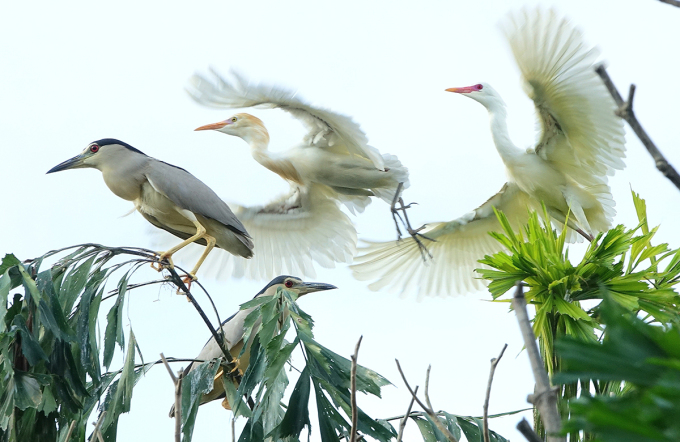
Storks in Mr. Chia's garden. Photo: An Binh
The couple was happy because they thought that "good land attracts birds", so they kept the space quiet and natural for the flock of storks to live. Gradually, they built nests, reproduced and grew in number. Many other types of storks also came to this garden to find food, build nests and settled here.
By mid-2008, the flock of wild birds had grown to thousands, sometimes landing and flying all over the garden, making a lot of noise. They flew and jumped, causing flowers and young fruits of all kinds to fall. Bird droppings stuck to ripe fruits, making harvesting difficult, requiring them to be soaked in water and washed clean, affecting the quality and not being able to sell for a good price.
"At this time, my wife feels that the increasing number of birds is causing trouble for our family life, and I am very hesitant," Mr. Chia said. However, he and his wife have not taken any action to interfere with their living space.
A few days later, a family meeting took place between Mr. Chia and his wife and their three sons (who are married and working in Can Tho , Soc Trang, and Ba Ria - Vung Tau). "The children came back to observe and learn carefully about the birds in the garden and their parents' lives, then agreed with my wife and I to 'sacrifice' the garden to protect this flock of wild birds," Mr. Chia said. The three children pledged to work together to provide for their parents.
Then his wife spent about 60 million VND to buy iron nets to make a fence around the garden to protect the birds. Inside, he let the fruit trees and vines grow naturally. Every day, he went to the river and fields to set traps and catch fish, shrimp, snails, and crabs to release into the ditches in the garden as a food source for the birds. When bird poaching was rampant, he built a hut out of leaves and trees to sleep and guard outside the garden.
"Some people at that time saw what I did, they said I was crazy and the people who shot birds laughed at me every time they saw me walking on the street," Mr. Chia said.
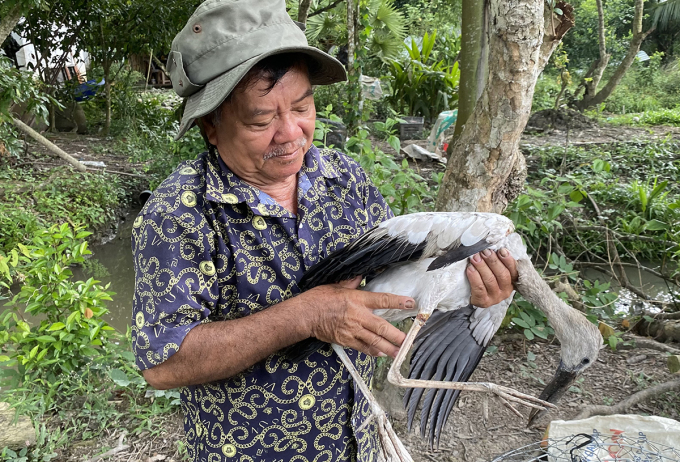
Mr. Chia checks the wound on the leg of a rare stork, listed in the Red Book. Photo: An Binh
The flock of birds flocking to the garden to take shelter is increasing, and poaching is also on the rise. Mr. Chia and some local people have caught hunters many times and reported to the local authorities to confiscate their equipment. For the birds that are still alive and healthy, he forces them to release them back into the garden. For the injured birds, he brings them home, bandages them, and cares for them until they are healthy before releasing them back into the wild.
This old man's work is well known. About 5 years ago, a philanthropist in Hanoi , after visiting the bird garden, supported Mr. Chia with 100 million VND to build an additional layer of iron mesh fence inside, more than 2 meters high, quite sturdy. Thanks to that, the birds are protected more safely than before.
In 2022, Mr. Chia's wife fell ill and passed away. The old farmer alone took care of the birds in his garden every day. Over the past year, the bird garden has attracted a large number of birds, about 4,000 of them. Of these, about 2,000 were egrets, 1,000 were white storks, and hundreds were snail storks.
Bird garden on the land of old farmer Le Van Chia's family. Video: An Binh
Vinh Long province recorded 33 species belonging to 20 families and 12 orders in this bird garden. Among them, there are at least 13 snail storks, 6 black ibises, 130-135 flycatchers, 80-120 white storks, 190-260 black cormorants, 600-625 egrets.
In May, the provincial government approved a plan to protect and expand Mr. Chia’s bird garden to 5 hectares, using the local budget, to develop the rare bird population, contributing to the conservation of biodiversity in the area. The bird garden will have a watchtower, a fence, and cameras installed to serve rural tourism activities.
"I am very happy to know about the plan to expand and protect the bird garden and hope to soon implement it," Mr. Chia said, wishing to stay healthy to continue to be attached to and protect this precious bird garden, in order to contribute to protecting wildlife.
An Binh
Source link


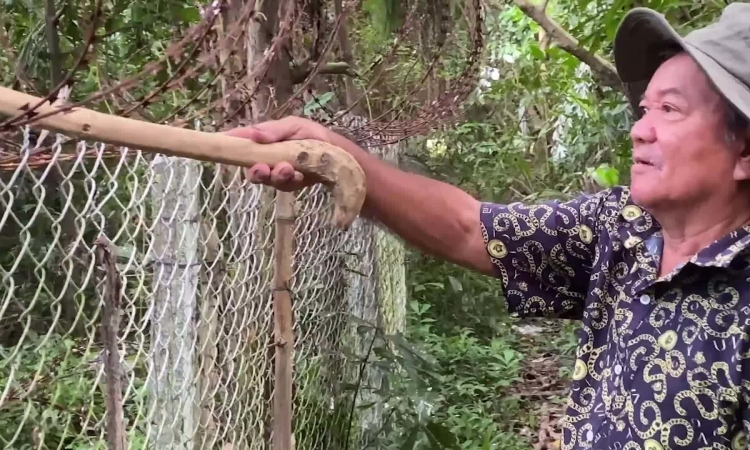



![[Photo] Prime Minister Pham Minh Chinh chairs conference to promote public investment growth momentum](https://vphoto.vietnam.vn/thumb/1200x675/vietnam/resource/IMAGE/2025/5/20/7d1fac1aef9d4002a09ee8fa7e0fc5c5)




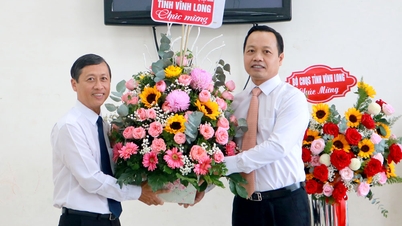





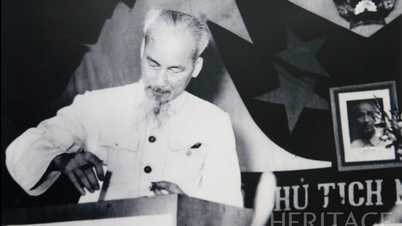



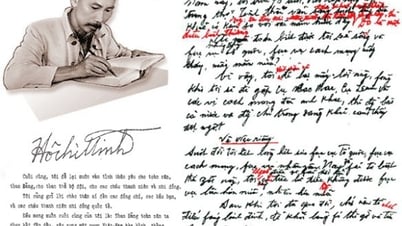












































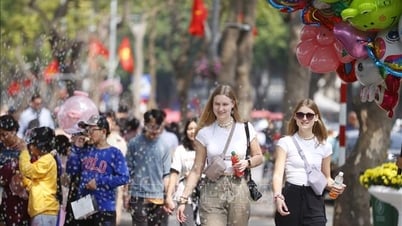






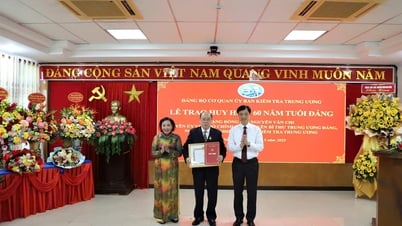



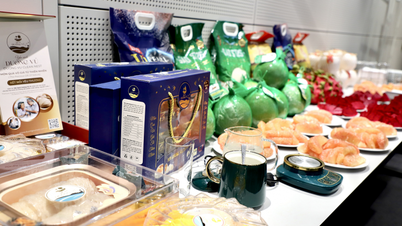



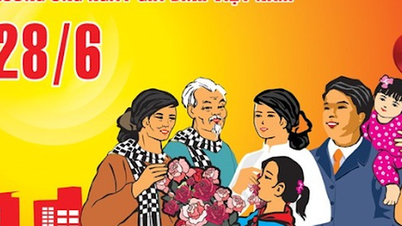
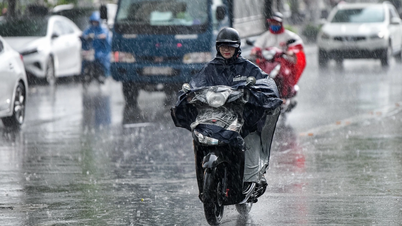







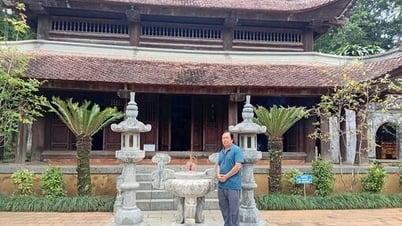











Comment (0)